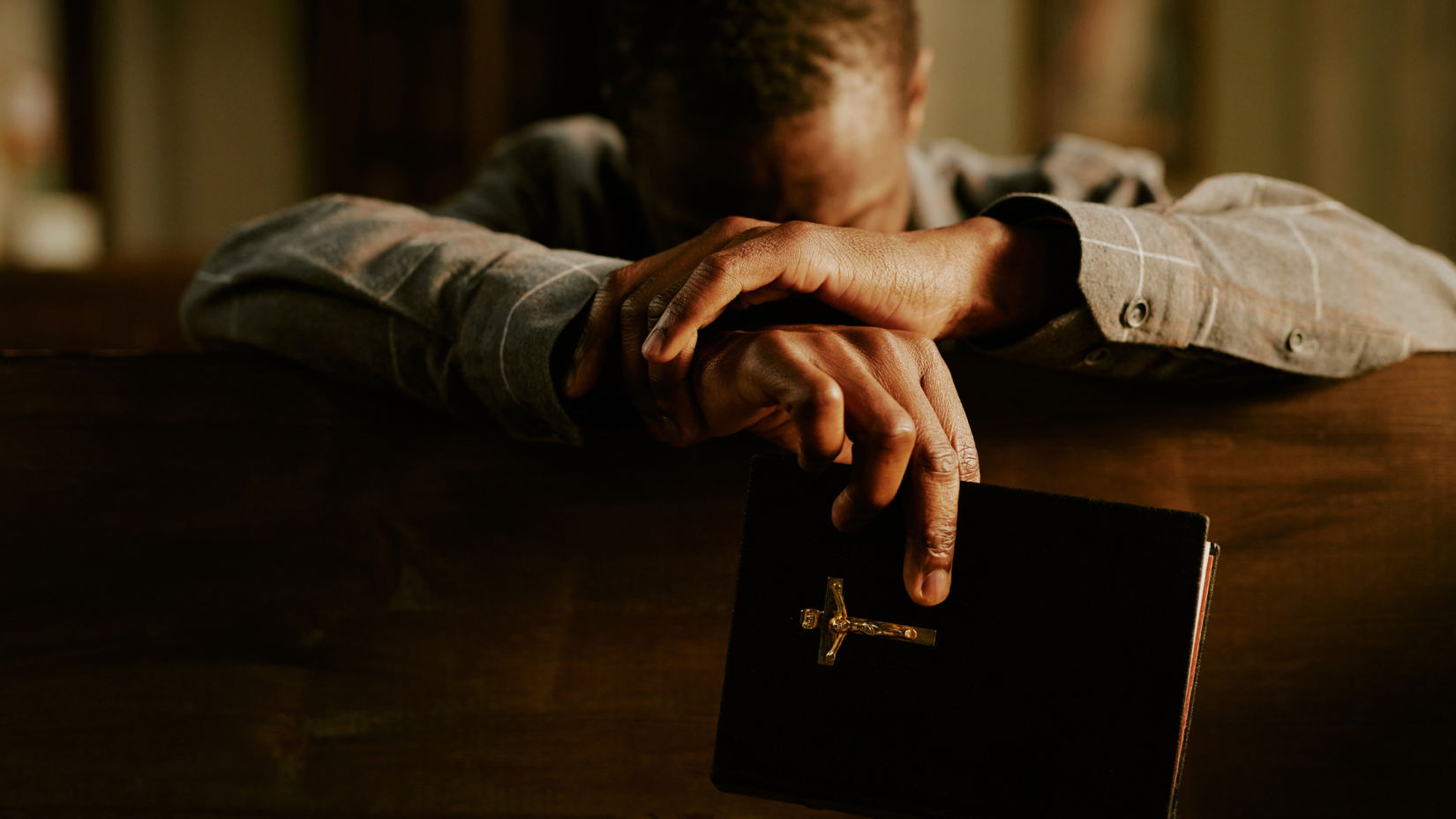
Faith, Works, and a Girl Named Rahab
by Brax Carvette
This week’s passage, James 2:14–26, is convicting. Take a second to read through it.
What good is it, my brothers, if someone says he has faith but does not have works? Can that faith save him? If a brother or sister is poorly clothed and lacking in daily food, and one of you says to them, “Go in peace, be warmed and filled,” without giving them the things needed for the body, what good is that? So also faith by itself, if it does not have works, is dead. But someone will say, “You have faith and I have works.” Show me your faith apart from your works, and I will show you my faith by my works. You believe that God is one; you do well. Even the demons believe—and shudder! Do you want to be shown, you foolish person, that faith apart from works is useless? Was not Abraham our father justified by works when he offered up his son Isaac on the altar? You see that faith was active along with his works, and faith was completed by his works; and the Scripture was fulfilled that says, “Abraham believed God, and it was counted to him as righteousness”—and he was called a friend of God. You see that a person is justified by works and not by faith alone. And in the same way was not also Rahab the prostitute justified by works when she received the messengers and sent them out by another way? For as the body apart from the spirit is dead, so also faith apart from works is dead.
If you’re like me, you read this and think, “Man, am I doing enough? Is my faith real enough?” If we’re not careful a passage like this can be more than just convicting— an opportunity to examine ourselves and commit ourselves to greater obedience to Christ— it can become discouraging, leading us to fear and despair.
I would like to point something out that helped me in this passage (and if you’d like a more in-depth discussion on this, you can see Ari Lamm’s thread on this, here). Isn’t it strange that James says that Rahab was justified “by works when she received the messengers and sent them out by another way”? If you’re familiar with the story of Rahab and Jericho in Joshua 2, you know that there were no messengers involved! The men that Rahab received and sent out by another way were spies, sent by Joshua into Jericho before the siege began. So why does James call them messengers? Because that’s what the author of Joshua calls them. But why would the Bible call them that? They’re not! Or are they? After all, what would drive Rahab to make her hide these enemies of her city, protect them, lie to the soldiers/king about them, and sneak them out?
Rahab heard a message. She had heard that the God of the Israelites had rescued the slave-nation out of Egypt, dried up the Red Sea to give them safe passage, and delivered them from kings on the other side of the Jordan. Why should she care? She’s a prostitute living in Jericho, why would she pay attention to these stories. Because life wasn’t good in Jericho. This is a pagan nation that thrives on oppression, idolatry, and evil. She’s a prostitute, living in the bottom of this society, experiencing firsthand the effects of the wickedness there.
These spies seemed to be messengers for her— and they brought good news: tie a scarlet cord to your window and the judgment coming upon Jericho will pass over her and her family. The God who hears the cry of the oppressed can be your God too. The God who dries up the ocean to rescue the Israelite can be your God too. The God who chose Abraham to bless him can choose you too. Good news. Great joy. It was for her.
So, when she understood that God had sent these messengers to her door, she would do anything!
James doesn’t just tell us, “Shape up! Make sure that you’re doing lots of good otherwise you’re probably not saved.” No. He assumes that we remember the good news. He assumes that whoever has heard the good news as “good” for them will do anything. Good news inspires us.
So, if you’re convicted by this passage, good, we all need that. But if you’re discouraged and tempted to despair because of this passage, take less time to look at how inadequate your actions are and take more time to remember the good news. My bet is that you’ll start to experience your faith as living rather than dead.

Brax Carvette, Youth Minister
Brax is the youth pastor at NorthRidge Fellowship and has been at NorthRidge since 2006. He and his wife, Jessica, have a son, two daughers and they live in Elk River, Minnesota.


Contact Us
If you have questions about an article you read on our blog, reach out to Brax Carvette, Blog Editor at braxc@nrf.life or call 763.270.6425.
Share our Blog on Facebook!










